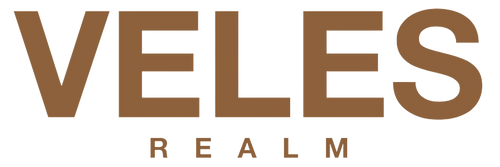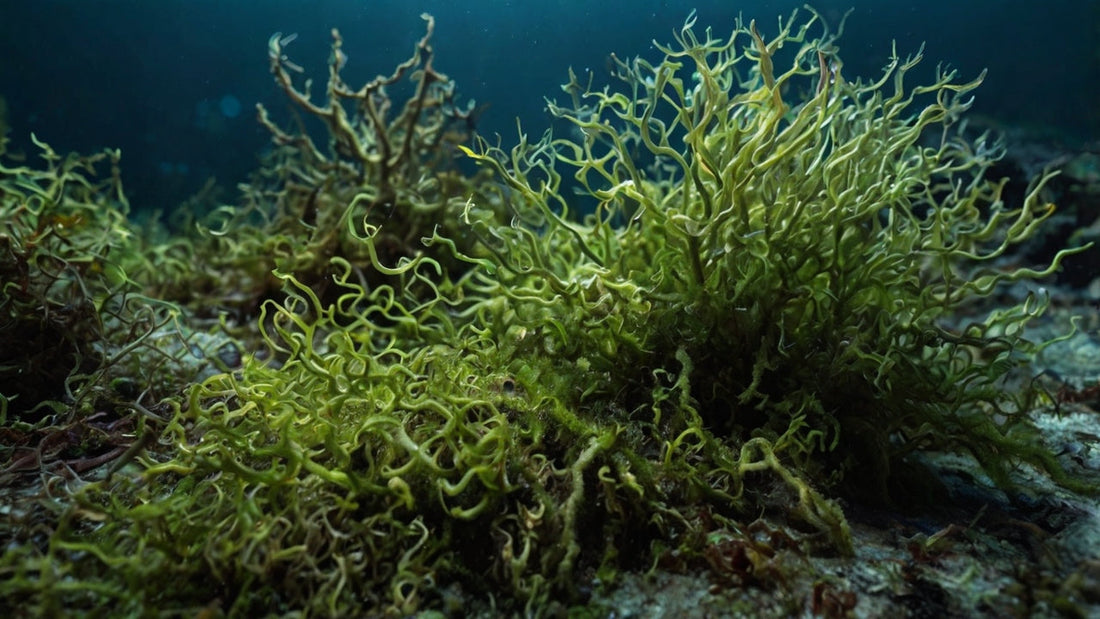Wstęp
Irlandzki mech chrzęstny ( Chondrus crispus ), krasnorost pochodzący z atlantyckich wybrzeży Irlandii i Ameryki Północnej, zyskał ogromną popularność dzięki zawartości ponad 92 minerałów , właściwościom wspierającym kolagen i wzmacniającym odporność . Zanim jednak dodasz go do porannego koktajlu lub do codziennej pielęgnacji, musisz wiedzieć coś więcej.
Ukryte niebezpieczeństwo:
-
⚠️ W przypadku mchu morskiego pochodzącego ze złych źródeł powszechne jest zanieczyszczenie metalami ciężkimi – powszechny jest arsen, ołów i kadm.
-
⚠️ Fałszywe etykiety z napisem „dzikie zwierzęta” służą do ukrywania mchu zbieranego w toksycznych lub nieuregulowanych wodach.
-
⚠️ Niewłaściwe suszenie, przechowywanie lub przygotowywanie żelu może być przyczyną rozwoju pleśni, problemów trawiennych, a nawet zaburzeń hormonalnych.
Ten kompleksowy przewodnik pomoże Ci zidentyfikować bezpieczny, przebadany laboratoryjnie mech irlandzki , zrozumieć zagrożenia i dokonać wyboru spośród zweryfikowanych, czystych marek w 2024 roku.
Część 1: Problem metali ciężkich w mchu irlandzkim
Dlaczego mech morski pochłania toksyny
Mech morski jest bardzo chłonny — działa jak naturalny chelator , wchłaniając minerały z oceanu. Niestety, w przypadku zbierania na zanieczyszczonych obszarach, zawiera on toksyczne zanieczyszczenia.
Typowe toksyny środowiskowe wchłaniane przez mech morski:
-
Metale ciężkie : rtęć, ołów, kadm, arsen
-
Mikroplastik : z odpadów przemysłowych i plastikowych
-
Spływ środków chemicznych : herbicydy, pestycydy, produkty ropopochodne
-
Izotopy radioaktywne : w obszarach w pobliżu obiektów jądrowych (np. regiony Pacyfiku)
📊 Najważniejsze informacje z badania ConsumerLab z 2023 r .:
-
42% przebadanych produktów z mchu morskiego przekroczyło bezpieczny poziom arsenu
-
„Dziki” mech z wybrzeża Azji zawierał trzykrotnie więcej ołowiu niż wynosiły bezpieczne limity FDA
-
Brak możliwości śledzenia = brak bezpieczeństwa
Ważne: Nagromadzenie metali ciężkich w organizmie może powodować zmęczenie, wahania nastroju, zaburzenia hormonalne i długotrwałe problemy neurologiczne.
Najbardziej zanieczyszczone rodzaje mchu morskiego
| Typ | Poziom ryzyka | Typowe zanieczyszczenia |
|---|---|---|
| Wildcrafted (Azja/Karaiby) | ☠️☠️☠️ | Ołów, arsen, mikroplastik, radioaktywność |
| Uprawiane w puli (nieuregulowane) | ☠️☠️ | Kadm, E. coli, pozostałości chloru |
| Fałszywe produkty „żelowe” | ☠️☠️☠️ | Wypełniacze karagenowe, pleśń, konserwanty |

